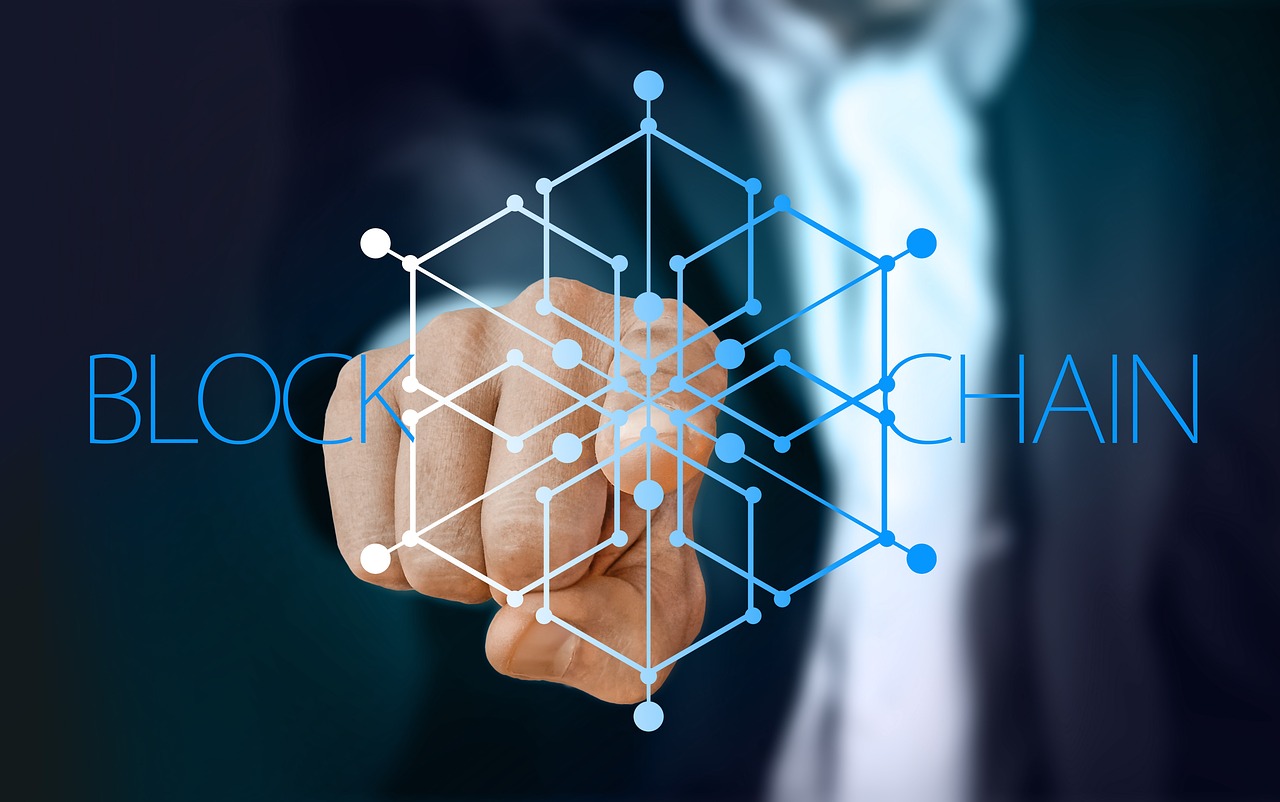Table of Contents
Blockchain technology is reshaping various industries, making it crucial for the future workforce to understand. This guide explores foundational concepts, career opportunities, and educational pathways in blockchain.
• Understanding Blockchain Basics
Blockchain is a decentralized ledger that records transactions across multiple computers. The technology ensures data security and transparency. Each transaction is stored in a “block,” and these blocks are linked to form a “chain.” This setup makes it difficult for anyone to alter the data without altering all subsequent blocks, which enhances security.
Bitcoin and other cryptocurrencies are built on blockchain, but its use extends beyond digital currencies. Industries like supply chain, healthcare, and finance are also exploring blockchain for various applications. For those new to the concept, understanding how blockchain works is the first step to becoming proficient in this technology.
• The Importance of Blockchain Education
As blockchain becomes more integrated into various sectors, the demand for skilled professionals is skyrocketing. Learning about blockchain isn’t just for tech enthusiasts; it’s beneficial for finance experts, healthcare workers, and even legal professionals. A strong foundation in blockchain can open doors to numerous job opportunities and provide a significant advantage in the job market. Moreover, understanding blockchain allows individuals to innovate within their fields, improving existing systems or creating new applications that can revolutionize industries. Thus, investing in blockchain education is not just about acquiring a new skill but preparing yourself for the future.
• Educational Pathways: From Self-Learning to Formal Education
There are multiple pathways to gain blockchain knowledge. For starters, self-learning platforms like Coursera, Udemy, and Khan Academy offer basic to advanced courses. These are ideal for individuals who prefer learning at their own pace. For those looking for more structured education, universities and colleges are beginning to offer specialized programs and degrees in blockchain technology. Certificates from institutes like MIT or Stanford can add significant value to a resume. Coding bootcamps also focus on blockchain development, providing hands-on experience. Whether you prefer online courses, formal education, or bootcamps, there’s an educational pathway that fits your needs.
• Popular Blockchain Careers
The growth of blockchain technology has ushered in a variety of new career paths. Blockchain developers and engineers are the most in-demand roles, responsible for designing and implementing blockchain solutions. They often need to be proficient in programming languages like Solidity, C++, and Python. Blockchain consultants work with organizations to integrate blockchain into their systems, requiring a mix of technical and business acumen. Blockchain legal experts navigate the regulatory landscape, ensuring compliance while advising on smart contracts and intellectual property issues. Other career options include project managers, who oversee blockchain initiatives, and educators, who train the next generation of blockchain professionals. The choices are vast and diverse.
• Skills Required for Blockchain Professionals
Being expert in blockchain is a combination of technical and soft skills. Programming language technical skill in the likes of Solidity, Java, and Python is essential. Knowledge of cryptographic concepts and data structures that make up the fundamental basis of blockchain is necessary too. Essential soft skills involve problem-solving, critical thinking, as well as clear communication. Blockchain professionals tend to operate in a team setting, which means team collaboration skills are a requirement. Moreover, staying informed about the latest blockchain technologies and regulations can make you stand out in this fast-moving industry. Therefore, a well-balanced skill set that includes both technical expertise and personality traits is essential to become successful.
• Real-world Applications of Blockchain
Blockchain is no longer limited to cryptocurrency. Its real-world applications are diverse. For instance, in the supply chain industry, blockchain ensures transparency and traceability, from the origin of raw materials to the final product delivered to consumers. In healthcare, blockchain secures patient data, making it immutable and easily accessible to authorized personnel. The finance sector uses blockchain for secure, transparent transactions, reducing the need for intermediaries. Legal firms utilize smart contracts to automate and secure agreements. Even the entertainment industry is using blockchain for intellectual property protection. These examples showcase blockchain’s versatility across various sectors.
• The Future of Blockchain Education
As blockchain technology develops further, so will the ways and means of education. More universities will introduce blockchain-focused degrees and specialized courses. Online platforms will innovate further, providing engaging and flexible learning. Academic-industry collaboration will grow, keeping the curriculum relevant to real-world usage. Blockchain education will also become more mainstream, with scholarship and financial aid programs made available to a larger segment of the population. By remaining flexible and current, the world of blockchain education will prepare future professionals to unlock the full potential of this revolutionary technology.
